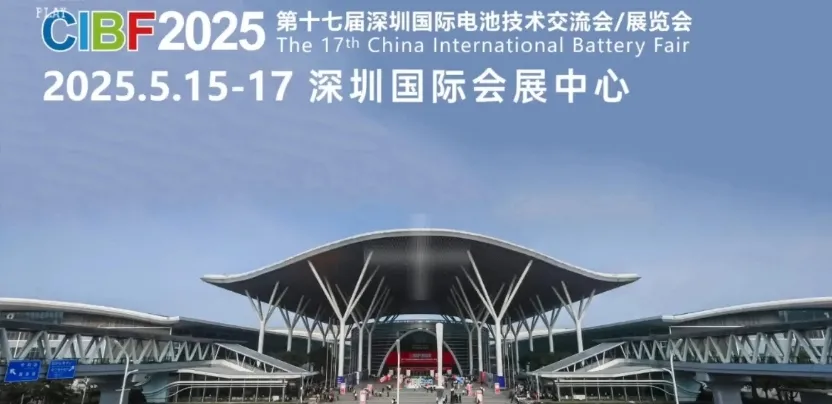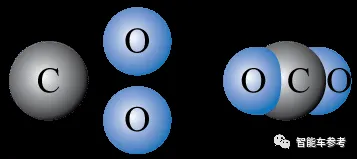In the field of new energy vehicles, Toyota has taken a different path from EVs by launching the "Mirai Future" hydrogen fuel-cell powered vehicle (FCV), but in the process of developing the hydrogen storage power, their scientists have discovered innovative magnesium battery technology that can be applied to EVs. In a press release, Toyota said that under the leadership of Dr. Rana Mohtadi, Chief Scientist of the Toyota Research Institute of North America (TRINA), the use of magnesium in battery anodes instead of traditional lithium-ion materials could result in significant battery energy density.
Led by Dr. Rana Mohtadi, they have developed a new electrolyte whose basic composition is a simple magnesium monocarbon borane salt (MMC) compatible with magnesium metal (current efficiency >99%); highly anodically stable (3.8 V vs. Mg); and non-corrosive. The development of non-corrosive electrolytes has allowed the development of batteries for high voltage platforms to be justified.
The application of magnesium battery technology can bring great improvement in power storage performance, which can be used in the field of electric vehicles to not only improve the range, but also improve the acceleration performance of electric vehicles. Of course, the improvement of the new battery technology for mobile devices is also self-evident. Of course, Toyota also pointed out in its release that magnesium battery research is still 20 years away from industrialization. However, with the increasing demand for new batteries in various industries, it is believed that the urgent need will accelerate the industrialization of battery research as soon as possible.




